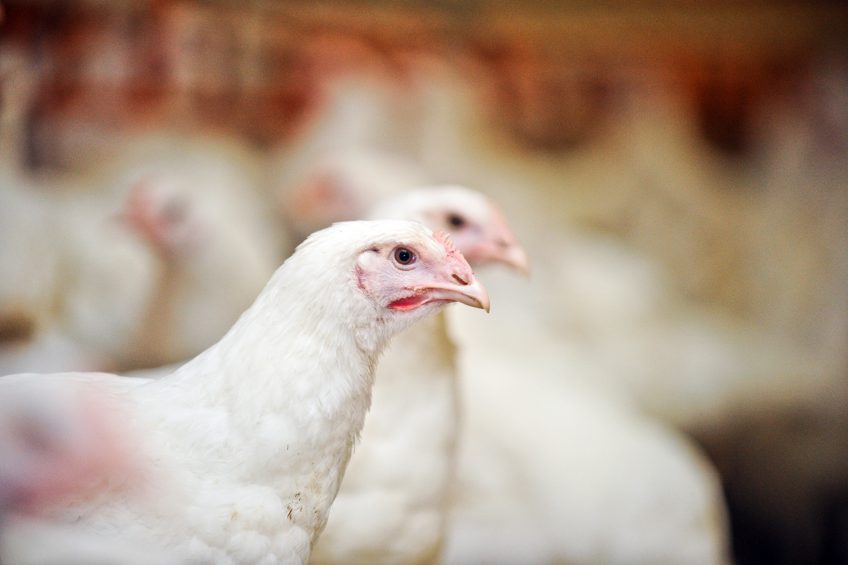Global Coalition for Animal Welfare launched

Seven multi-national food companies have this week launched the Global Coalition for Animal Welfare with the aim of providing a roadmap for change next year.
The seven – some of the largest names in global food production and food service – have combined revenues of US$ 165bn serving 3.7bn customers a day.
They are Aramark, Compass Group, Elior Group, IKEA Food Services, Nestle, Sodexo and Unilever and have committed themselves to collectively address systematic barriers to improving animal welfare, accelerate the development of standards and drive progress on key welfare issues.
They will do this by:
• Providing a platform for food companies to work more closely with farm animal welfare experts to identify common objectives and drive improvements
• Prioritising welfare issues and developing roadmaps for industry changes while supporting producers in implementing strong animal welfare practices
• Advancing animal welfare knowledge globally through insights, bespoke research and partnerships for action
The move comes at a time when more than 70 billion land animals are farmed for food annually and, by 2050, livestock production is expected to double what it was in 2000.
Among the five priority work streams identified by GCAW members are cage-free policies and improved broiler chicken welfare. The other three cover antimicrobial resistance, global standards for transportation and slaughter and farmed fish welfare.
Neil Barrett, chair of the GCAW Secretariat, said the seven firms would be working with a group of multi-disciplinary experts from academia, industry and civil society.
Nicky Amos, GCAW executive director, said one of the aims of the group would be to establish global animal welfare standards, which would mean a particular concentration on efforts in the Asia, Latin America and Africa.
At present, there have been no stakeholder links established with either the International Poultry Council or the International Egg Commission but the GCAW is keen to work with a range of industry organisations.
One issue likely to be under discussion is the cost of moving to higher welfare standards with lower stocking densities and greater enrichments and who should pay for these improvements.












